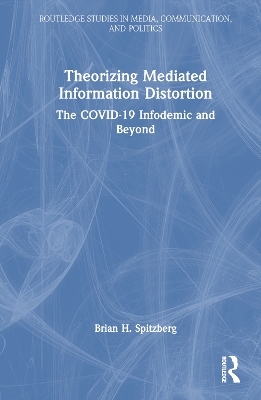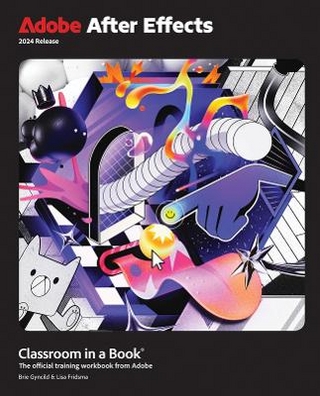
Theorizing Mediated Information Distortion
The COVID-19 Infodemic and Beyond
Seiten
2023
Routledge (Verlag)
978-1-032-50167-3 (ISBN)
Routledge (Verlag)
978-1-032-50167-3 (ISBN)
This book explores the phenomenon of distortion of information through media via the lens of the COVID-19 pandemic, and the ways in which relevant information distortion and virality have occurred in regard to the disease and its risks.
Positing that the interrelated processes of misinformation, disinformation, fake news and conspiracy theories are related forms of distortion of information through media (DIM) and can only be understood through a multilevel theoretical model that incorporates message-based, individual difference, social network-based, societal and geotechnical factors, Brian H. Spitzberg develops an integrative, well-argued, and well-evidenced framework within which these issues can and should be addressed.
This book offers a model for further research across such disciplines as communication, journalism/media studies, political science, sociology, cognitive psychology, social psychology, evolutionary psychology, public health, big data analytics, social network analytics, computational linguistics and geographic information sciences, and will interest researchers and students in those areas.
Positing that the interrelated processes of misinformation, disinformation, fake news and conspiracy theories are related forms of distortion of information through media (DIM) and can only be understood through a multilevel theoretical model that incorporates message-based, individual difference, social network-based, societal and geotechnical factors, Brian H. Spitzberg develops an integrative, well-argued, and well-evidenced framework within which these issues can and should be addressed.
This book offers a model for further research across such disciplines as communication, journalism/media studies, political science, sociology, cognitive psychology, social psychology, evolutionary psychology, public health, big data analytics, social network analytics, computational linguistics and geographic information sciences, and will interest researchers and students in those areas.
Brian H. Spitzberg, Senate Distinguished Professor Emeritus in the School of Communication at San Diego State University, is author or coauthor of over 175 scholarly publications on communication competence, media and the dark side of communication, including meme and misinformation diffusion, assessment, interpersonal communication competence, jealousy, conflict, threats, coercion, violence, and stalking.
1. Virus = Language / Language = Virus 2. Meme Level: Constraints of an Attention Economy/Ecology 3. Individual Level: Misinformation Motives 4. Meme x Individual Level: Message Processing 5. Social Network Dynamics Level 6. Societal/Cultural (Media) Ecosystem and Geotechnical Levels 7. Whither Progress?
| Erscheinungsdatum | 12.09.2023 |
|---|---|
| Reihe/Serie | Routledge Studies in Media, Communication, and Politics |
| Zusatzinfo | 6 Tables, black and white; 5 Line drawings, black and white; 5 Illustrations, black and white |
| Verlagsort | London |
| Sprache | englisch |
| Maße | 156 x 234 mm |
| Gewicht | 734 g |
| Themenwelt | Kunst / Musik / Theater |
| Informatik ► Grafik / Design ► Film- / Video-Bearbeitung | |
| Sozialwissenschaften ► Kommunikation / Medien ► Kommunikationswissenschaft | |
| Sozialwissenschaften ► Kommunikation / Medien ► Medienwissenschaft | |
| Sozialwissenschaften ► Politik / Verwaltung | |
| ISBN-10 | 1-032-50167-7 / 1032501677 |
| ISBN-13 | 978-1-032-50167-3 / 9781032501673 |
| Zustand | Neuware |
| Informationen gemäß Produktsicherheitsverordnung (GPSR) | |
| Haben Sie eine Frage zum Produkt? |
Mehr entdecken
aus dem Bereich
aus dem Bereich


